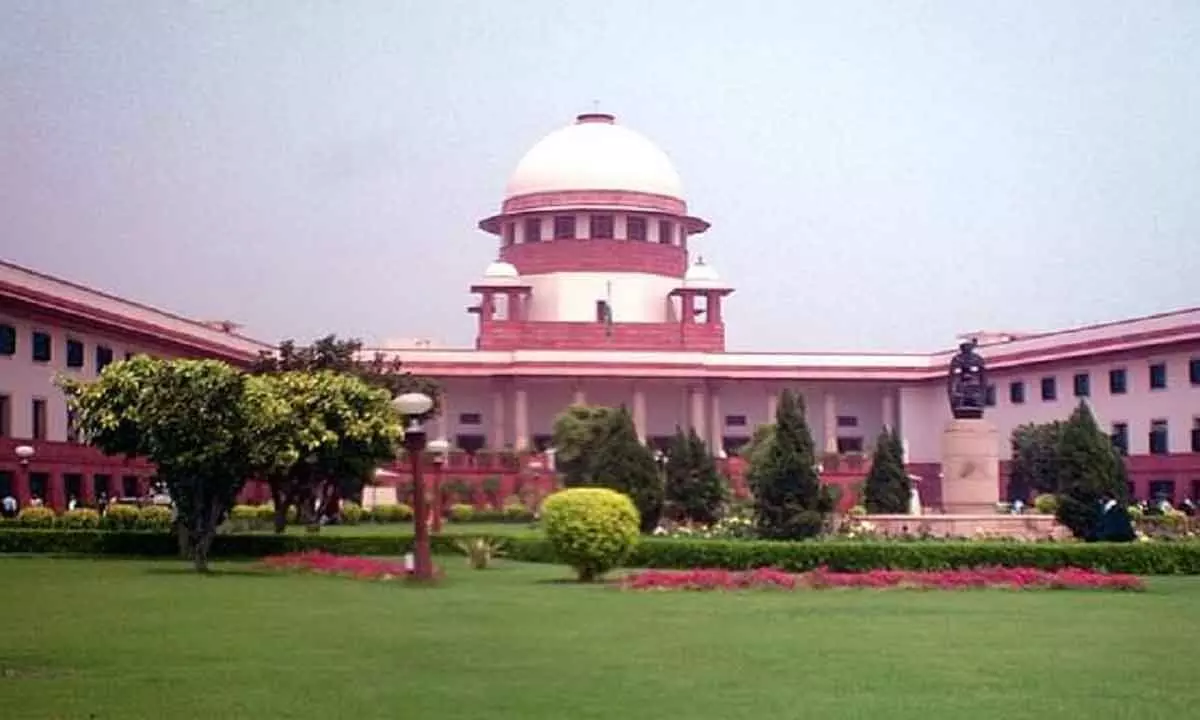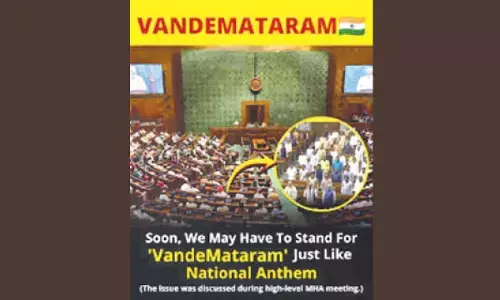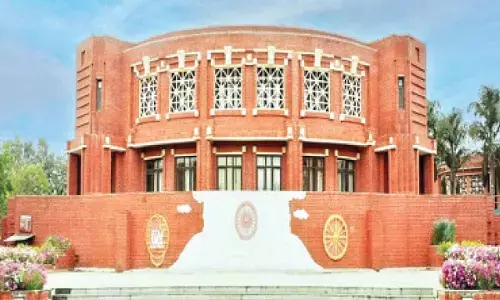Is Supreme Court stirring a hornet's nest?

The Supreme Court in a bold move took up the petitions seeking legalisation of same-sex marriages and the tussle between the government and the judiciary over this issue, too, is going on without any workable solution in sight.
The apex court has been hearing all petitioners in favour of legalising the same-sex marriages but, however sympathetic it might be with their view, there seems to be little that it could do. The Centre has objected to the petition being taken up at all in view of the very nature of it and in the face of the customs, traditions and practices of Indian society. The Centre at one point even threatened to pull out of the litigation over this. The SC, too, has agreed that any law over this would fall in the domain of the Legislature and it is only intent on taking it to a logical end.
But on Tuesday, perhaps, the logical end became elusive to the Bench dealing with the case. Any ruling in favour of the petitions would tamper with the personal laws, which would then become the most complicated litigation. The five-judge bench headed by Chief Justice of India D Y Chandrachud said, "the framework set out by the court has to be fleshed out by the legislature. You cannot dispute that Parliament has the power to interfere with the canvas covered by these petitions. Entry 5 of the Concurrent List specially covers marriage and divorce. So, the question really is, which are the interstices left in which this court can interfere. The test really is: how far can the courts go?" Justice Ravindra Bhat, too, rightly observed, echoing the CJI's remarks: "How many times are we to play follow-up? Where does it stop? Is this our job? Ultimately, that's the question we come back to. If we read into the SMA (Special Marriage Act), there will have to be changes in other personal laws as well. There is no shying away from this."
Confining to the Special Marriage Act cannot erase the fact that several follow-up matters of marriage are governed by personal laws and that they will, therefore, be involved. This is a relevant point.
Marriage is a bouquet of rights adoption and social security issues. If it is used here, where does one stop? The issue that is bothering the apex court is what if two Hindu men marry or two Hindu women marry then what would be our outcome of an intestate succession? When the woman dies there is a different line of succession. So long as there is dignity or right to family will it stop there and go beyond? This leads to perennial litigations over everything including property.
Making a law in itself is not a problem but the nitty-gritty of it in the aftermath will be. Even if one confers all the rights over the couple in same sex marriage, it just ends there, and no one could take it beyond the marriage itself. Most societies do not accept this 'beyond' – and the Indian society will never. Family, succession, rights and many more have evolved over thousands of years in Indian society. Yes, there are some insane things in it, yet, one cannot dismiss it off as silly. Our society is not stranger to the same-sex marriages. We have mentions of it but that is where it ends, and it is not carried forward into the other domains.




